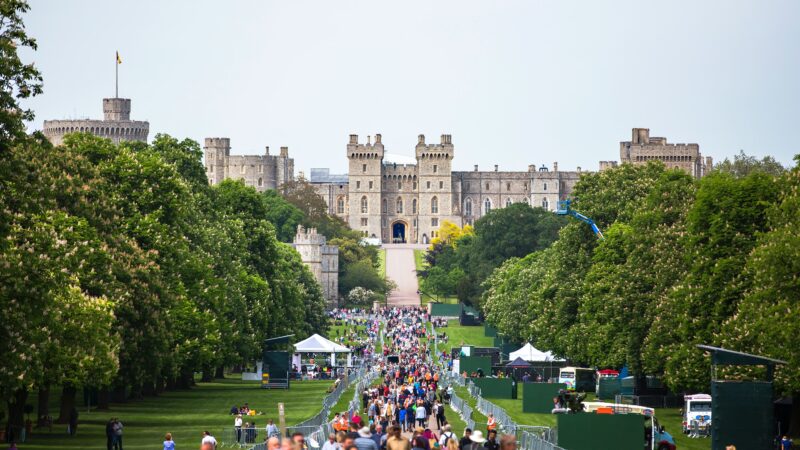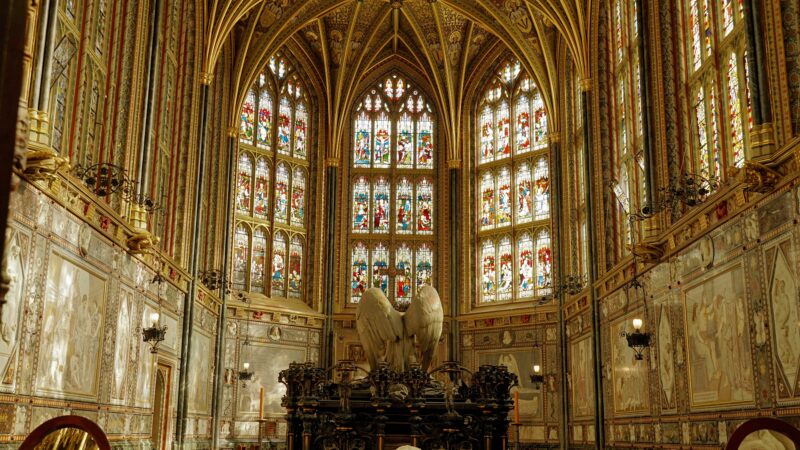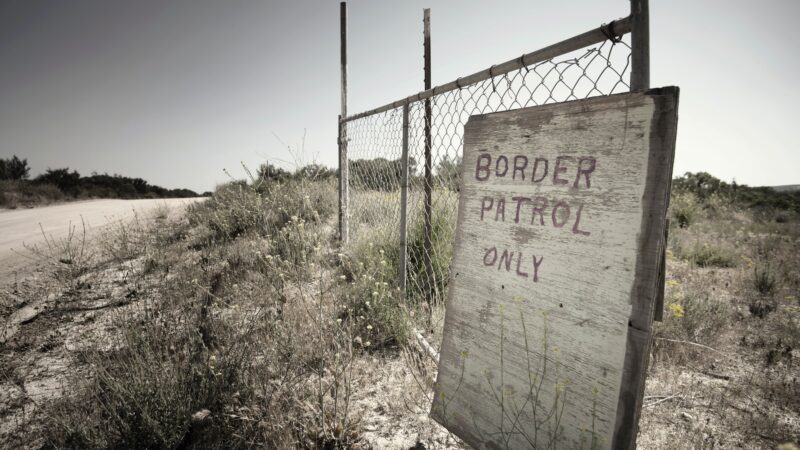A Tyro, defined by Lewis, is ‘an elementary person; an Elemental, in short.’ This was descriptive of his view of the artist in a post-war world, a being even more primitive and vital than the avant-garde mercenaries of Blast. The illustrations of Tyros provided by Lewis are haunting apparitions, truly wanderers of the shadow he saw cast over the world. In black and white, they dominate the pages on which they appear with absolution, and in turn an unwavering devilish grin dominates them. The near abstraction of many Vorticist works is superseded once again by representation, but this makes the Tyros’ presence all the more convincing. First there is the Cept, on the cover of the first issue of The Tyro, drawing the eyes of the reader to its piercing stare and eternal laugh. It rests halfway between a North American totem pole and Lewis’s self-depiction as a Tyro, and there it revels. Next arrives the stout Brombroosh, facing to the left but with one eye still watching ahead. Lewis does not declare this entity a Tyro, but it is not far off. Behind its teeth, it mocks you with words you will never hear. Lastly, the Tyros Mr. Segando and Phillip in conversation. These two are parodies of sentimentalism in contemporary art and the broader aesthetic stagnation which Lewis had failed to overturn before the Great War. ‘These partly religious explosions of laughing Elementals are at once satires, pictures, and stories’ according to Lewis, so the baffling short story Mr. Segando in the Fifth Cataclysm by John Rodker accompanies the Tyro on the next page.
In surveying the Tyros, much of the first issue of The Tyro has been covered, but the journal was not Lewis’s latest artistic fascination alone. Without Pound, T.S. Eliot became the other central figure of this project, having previously been published by Lewis in the second issue of Blast. Vorticists dominated the graphical submissions in both issues: William Roberts, David Bomberg, Jessica Dismorr, Edward Wadsworth, Frederick Etchells and Lewis himself. The written side of the journals saw notable output from a few new figures: the novelist Sidney Schiff, who financed the endeavour and published under his pseudonym Stephen Hudson, the aforementioned Rodker, Herbert Read and Robert McAlmon. Rodker and McAlmon both ran small presses, whereas Read was a poet and art critic.
The design of The Tyro reflected a general attenuation away from the purposeful outrage of Blast. Sans-serif was now reserved to the cover, leading to a more conventional appearance in the interior pages. There was no bold opening manifesto either; the age of that in art had passed. Tyros as a centrepiece were impressive on the cover but otherwise an uncertain and experimental installation in the context of their calmer and often un-satirical surroundings. For the first issue, this was salvaged by the fact it was released alongside Lewis’s exhibition Tyros and Portraits in April 1921. The subtitle of both issues, A Review of the Arts of Painting [,] Sculpture and Design, was less sympathetic to Tyros’ idiosyncrasy.

This is an excerpt from “Blast!”. To continue reading, visit The Mallard’s Shopify.



